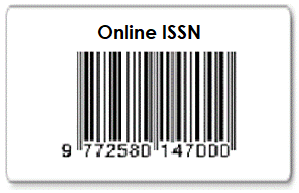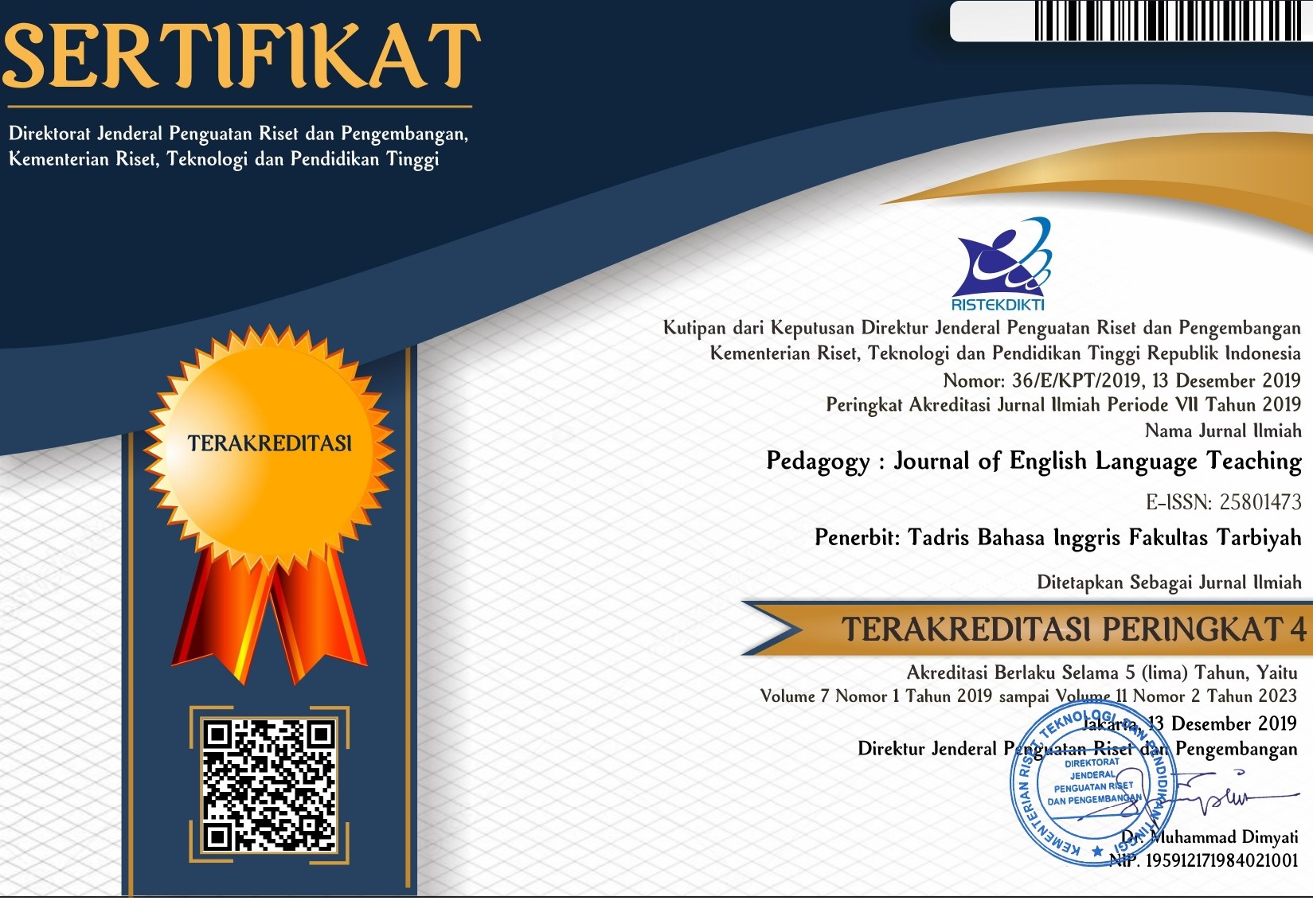External Factors Sustaining Indonesian EFL Teachers’ Professional Identity in the 21st Century Era
DOI:
https://doi.org/10.32332/joelt.v12i1.5265Keywords:
Indonesian EFL teachers, library study, professional, professional identity, 21st centuryAbstract
Becoming more professional teachers is an indispensable thing that matters most in this 21st-century era as more fruitful learning outcomes attainment will be fully obtained by learners. This present small-scale qualitative investigation employed a library study approach to generate more reliable research results that can help Indonesian EFL teachers to cultivate a robust professional identity construction in the 21st-century era. For the data analysis processes, the researcher employed a library analysis method by reviewing the major research findings addressed by 20 previously-published professional identity studies published in Indonesian EFL teaching-learning settings. During the data analysis stage, the researcher concurrently utilized a thematic analysis approach to yield more understandable research results for the targeted research site. All these findings suggested educational institutions prioritize the continual development of Indonesian EFL teachers’ professional identity in order to bring about more qualified educational outcomes to all learners.
















